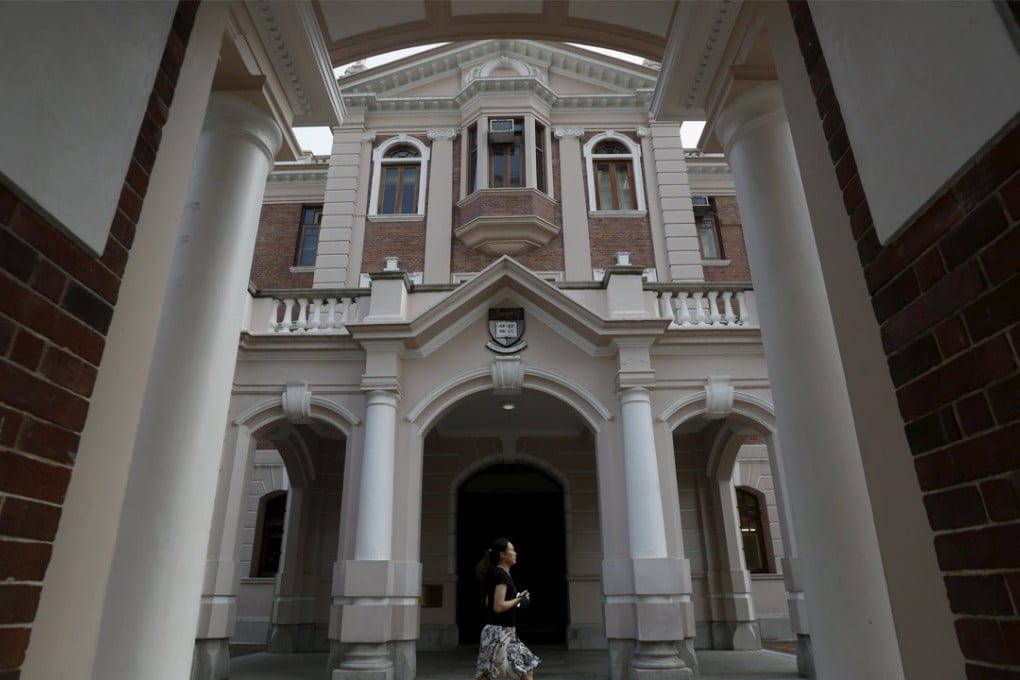Advertisement
Hong Kong universities should look beyond the DSE if they want to be world leaders and cultivate innovators
Anson Au says the world’s best universities don’t admit students based on their grades alone. So why does Hong Kong persist with the fallacy?
3-MIN READ3-MIN

Pupils are currently grinding through Diploma of Secondary Education (DSE) exams and will be plunged into existential uncertainty until their results are released. On this judgment day, all prospects of future success will hinge upon being accepted into university, which depends primarily on the grades pupils receive. Although the Joint University Programmes Admissions System (Jupas) has implemented more “holistic” evaluation criteria, such as “other experiences and achievements”, and a personal essay akin to a statement of purpose, every pupil knows the open secret: only a small fraction of those applying to publicly funded universities will get accepted – and DSE results are key.
What’s more, the decisions on what to include in the DSE are random and even unfair, pulling in ambiguous pieces from different fields with no clear rationale or assurance that pupils could answer the questions, especially in cases where even the author admits to being unable to do so
Advertisement
None of the top universities in the world conduct admissions based on such criteria. Hong Kong should drop the DSE. Having worked at Harvard and the London School of Economics, I’m familiar with their undergraduate and postgraduate admission committees, so this is not an argument for “snowflakes.”
None of the top universities in the world conduct admissions based on such criteria. Hong Kong should drop the DSE
Alumni of these institutions go on to distinguish themselves on the world stage, winning Nobel Prizes, driving change in entire nations and becoming leaders in different sectors. They are innovators and visionaries, but not top performing examinees at admission. Performance in standardised exams such as scholastic achievement tests (SATs), graduate record examinations (GREs) and A-levels are not what get pupils in. Pupils’ grades must reach a certain benchmark, set at a reasonable level, to be considered, but this is never the criterion upon which acceptance decisions are made.
Advertisement
Research shows that while exams may help learning, when designed effectively, standardised tests do not. A Columbia University report noted that standardised tests only assess whether pupils are proficient at the time of testing, do not aid learning for many types of learners and sabotage the secondary school education system by leading it to “teach to the tests”.
Advertisement
Select Voice
Select Speed
1.00x